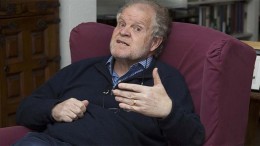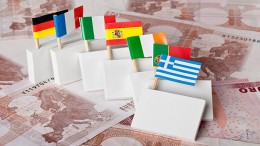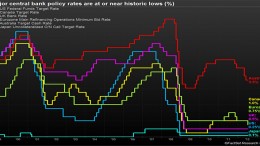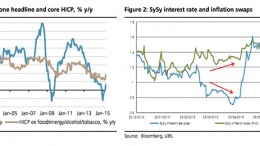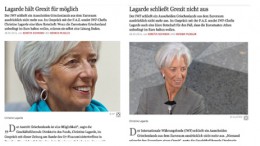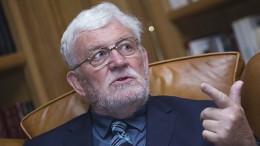Spanish jobless rate drops to a still painful 20%
Summer’s here and so are seasonal contracts. The latest employment survey showed the jobless rate in Spain went down to 20% in Q2, its lowest level since the summer of 2010. And yet employment is still a heavy burden for Spaniards, Greece being the only EU country with a higher rate.



